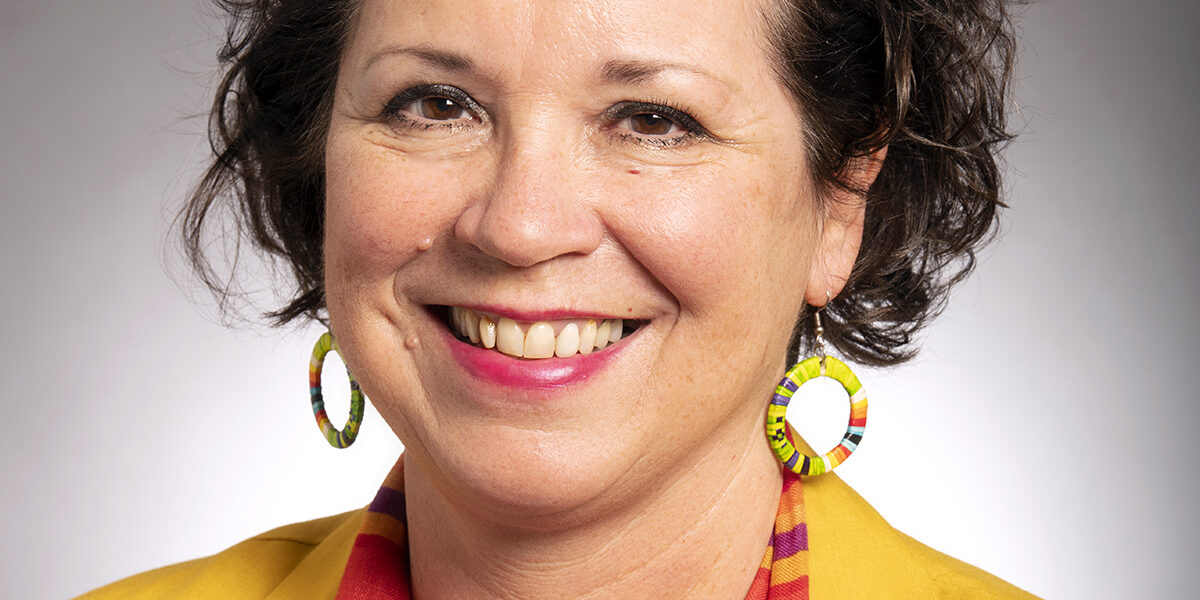Last year, both state and federal officials announced initiatives to help uncover missing and murdered relatives. Here’s reporter Feven Gerezgiher with the update.
On October 22nd, 2021, 15-year-old Neveah Kingbird disappeared without a trace. For months, friends, family, and law enforcement have been looking for the Bemidji teen, organizing searches across town and soliciting tips on social media.
A Facebook page dedicated to the search has over 1000 followers. Posts are shared all over the country. Bemidji police credit the widespread interest in Neveah’s case to increased awareness of the many Indigenous women and children that go missing each year.
Cases like Neaveah’s are why State Senator Mary Kunesh first began advocating for a Missing and Murdered Indigenous Women taskforce in Minnesota.
This is about a community of people that have experienced violence and genocide at highest rates than any other group of people in the United States.
Kunesh is a descendant of the Standing Rock tribe, and the first Indigenous woman on the Minnesota State Senate. She served in the House for four years before that. December of 2020, a task force she chaired delivered a report with 20 recommendations to the Legislature. First on the agenda: the creation of an office to lead the work.
Kunesh: “Because we didn’t want to just leave, you know, do the report and then leave it there to to gather dust, I sponsored a bill to create, the very first in the nation actually, Missing and Murdered Indigenous Relatives office. And that would be a new office in our state government, it would be a permanent office, where we’d have an executive director and three staff members that could continue those recommendations that we put forward. So at this time, we have not yet hired the executive director, though the final interviews, I believe, were just last week, and hopefully that executive director will be chosen. And that person will be made ready to hire her staff of three, and we will continue the work of the task force.”
Kunesh says the office was renamed to Missing and Murdered Indigenous Relatives to include the two spirit community. The initiative also inspired a similar task force for missing African-American women.
In April 2021, Department of Interior Secretary Deb Haaland announced a push on a national scale, creating the Missing and Murdered Unit within the Bureau of Indian Affairs to coordinate investigations and law enforcement resources between federal, state, and tribal agencies. It released a website last month dedicated to solving cases. The site begins to make data on missing persons available, and encourages tips that might help investigators, with the Bureau offering rewards of up to $5,000 in exchange for information.
Kunesh is proposing a bill to fund a similar reward program for the state office which she hopes will be up and running by May.
Still…. Neveah’s family is anxious for answers and her safe return… If you have information about the case, you can report it and stay anonymous by contacting Crime Stoppers of Minnesota at their website www.CrimeStoppersMn.org, or by calling the toll free phone number 1-800-222-TIPS [8477].
Slow moving process to address long-standing injustices is government at its best. But these initiatives are an example of why representation is so important…. And why voting is critical.
Senator Kunesh credits the progress made so far in part to the election of several Native women to the state legislature in recent years: Lt. Governor Peggy Flanagan, and Reps. Heather Keeler and Jamie Becker-Finn.
Kunesh: “We are starting to see more empowerment of our Native American people, and more and more getting elected to office where they can make good change in policy and funding. We’re raising our voices. More and more native folks are voting, which is a huge impact on elections in Minnesota. The last election we had the most native Americans participating in the elections and we’ve ever had.”
As legislators consider redistricting, Kunesh has an eye on how different maps impact Native votes. One proposed map combines all northern Ojibwe reservations in one district.
“And so I don’t see this, you know, the Native American issue, you know, or the, the awareness of these kind of detrimental issues to our native community is going to end anytime. I don’t think it’s a flash in the pan. I think it’s only going to grow, and I think it’s going to grow nationally.” Says Kunesh.
Feven Gerezgiher reporting for MN Native News


 Honoring the Life and Legacy AIM Co-Founder Clyde Bellecourt (1938-2022) – Part 1
Honoring the Life and Legacy AIM Co-Founder Clyde Bellecourt (1938-2022) – Part 1